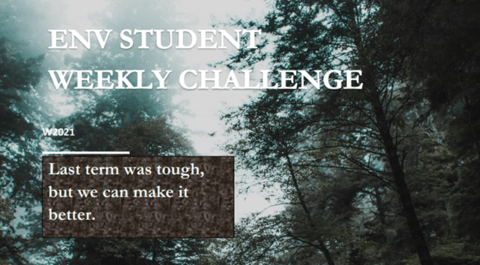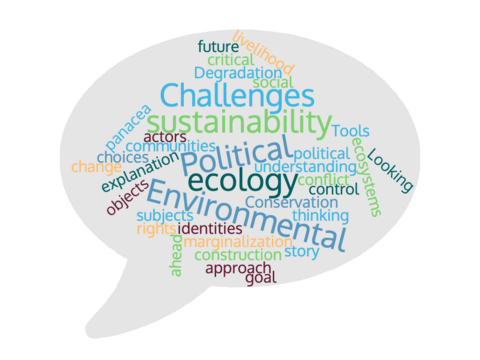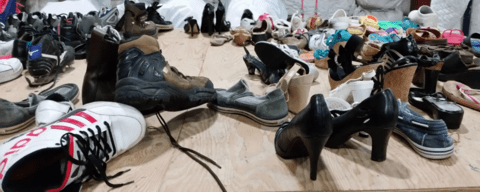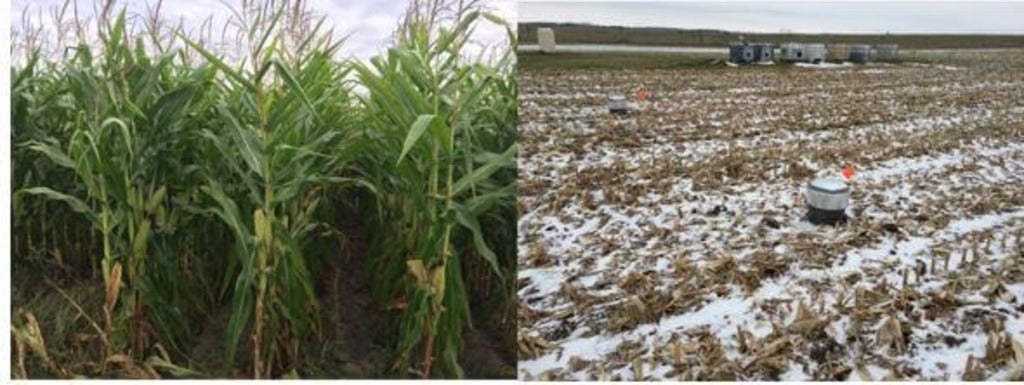SERS Stories: How gratitude for nature can rein in your existential angst about climate change
Posted originally on The Conversation - April 7, 2021.
We’re all going to die. This is the repeated warning about climate change in some media: if we don’t change our ways we face an existential threat.







